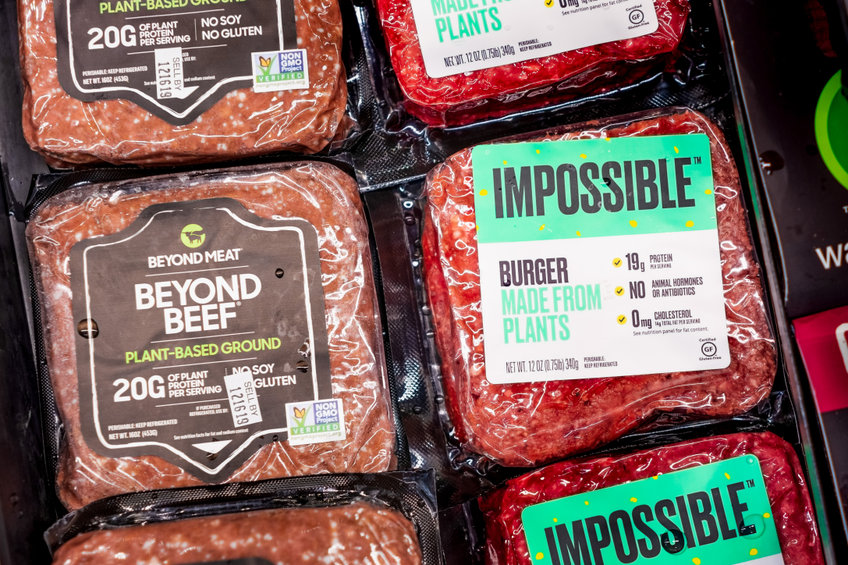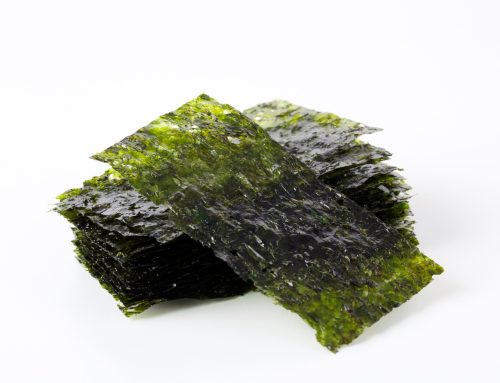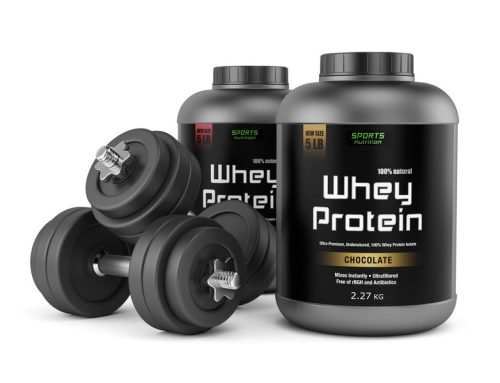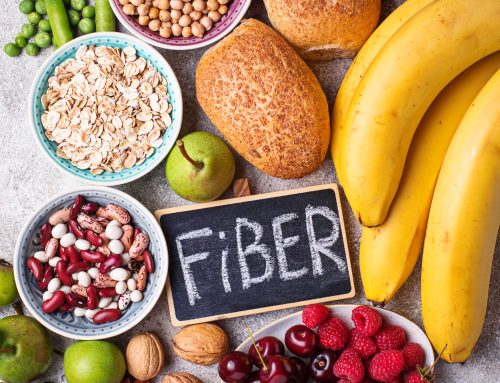Is plant-based meat healthy? They are showing up as swaps for everything from burgers to chicken nuggets. Between 2017 and 2019, the plant-based foods market (which includes alternatives for eggs, cheese, milk, and meat) increased by 29 percent in the United States.
Is plant-based meat healthy?
Being plant-based doesn’t automatically make an alternative meat product good for you. Healthy plant-based meats can be hit or miss depending on the ingredients.
Choosing plant-based meats can also be a healthy choice if made from whole-food ingredients like beans, legumes, or grains.
But many plant-based meats can be highly processed with added saturated fat and sodium. They may also lack essential nutrients that animal meat provides if they aren’t added in.
Are plant-based meats healthy?
It all depends on the product. Since plants and animals have completely different nutrient profiles, manufacturers often try to make the plant products comparable to animal products in terms of macro and micronutrients.
According to one study, the following ingredients help add comparable good-for-you nutrients to plant-based meats:
• Protein: soy, pea, soy beans, almonds
• Fat: vegetable oil, canola oil, sunflower oil, sunflower kernels, rice bran oil, coconut oil, flax seed meal, cocoa butter, peanuts
• Carbohydrates: potatoes, rice flour, sweet potato, corn, apple, tomato paste, wheat flour, sugar
• Dietary fiber: brown rice, lentils, black beans, chickpeas, quinoa, buckwheat, mushrooms, mung beans, carrot, pumpkin
• Vitamins and minerals: iron, vitamin B12, zinc
Still, some plant-based meats are highly processed and contain artificial fillers and additives that aren’t giving you any nutrients.
Some products may also have high amounts of salt, sugar, or saturated fat. Plants also lack certain nutrients that animal products provide, such as vitamin B12, which aren’t always added to animal meat-free products.
So, are plant-based meat substitutes healthy?
Plant-based eating has a lot of research on its side in terms of the health benefits. If you add quality plant-based meats to your diet, it might help boost these health benefits.
One research review found that compared to conventional diets (diets that recommend different macronutrients or diets that are low cal), plant-based diets are effective when it comes to weight management, diabetes, and gut health.
Research has also associated plant-based eating with reduced risk of coronary heart disease by about 40 percent. This isn’t to say that all plant-based meat alternatives are picture perfect, they still have their downfalls.
Pros and cons: Is plant-based meat healthier than animal meat?
Pro: Healthy heart
Swapping for plant-based options might be good for your heart health in the long run.
Research has also raised some red flags about consuming too much red and processed meats. The American Heart Association recommends swapping those meats out for plant sources to see a decrease in coronary heart disease.
To test this, a small study had 36 people eat animal meat as part of their standard diet for 8 weeks. After those 8 weeks, they were then asked to eat plant-based options for another 8 weeks while maintaining their same diet.
Researchers found that folks had lower LDL (or “bad”) cholesterol during the plant phase. This study also made sure participants ate similar diets beyond the plant versus meat swaps.
Con: Added sodium
Choosing plant-based meat over animal meat might up your sodium intake that you otherwise wouldn’t get from animal meat.
A study that compared plant-based meats with animal meat counterparts found that only 4 percent of the plant-based options had lower amounts of sodium.
The average amount of sodium in the plant-based meat products (which included burgers, mince, sausages, chicken, seafood, and other meat subs) was under 500 milligrams (mg) per 100 grams (g) of product. But some of the options had up to 1,200 mg of sodium per 100 g.
Con: Might lack essential nutrients
Animal-based meat products also naturally contain essential vitamins and minerals that plants often lack.
A small study that looked at 37 different plant-based minced meat products found that most of the products had less protein, zinc, and vitamin B12 compared to ground beef.
That same study also found that unless plant-based products are supplemented with certain vitamins, they often don’t have them.
Click here to get more information to answer the question: Is plant-based meat healthy?







